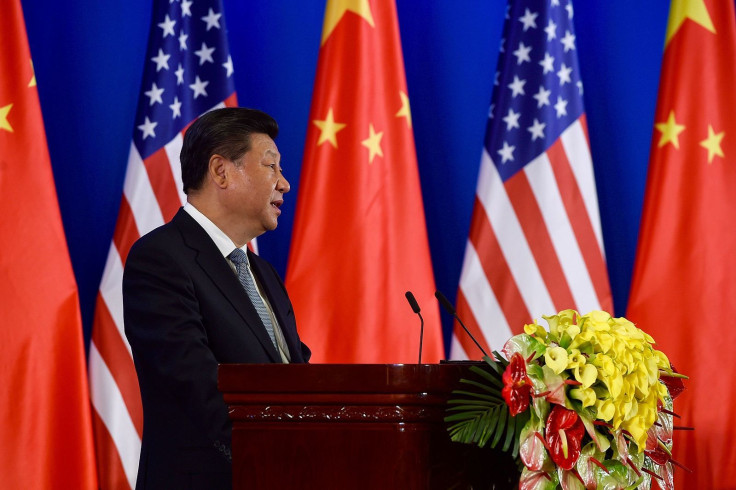Coronavirus Impact: China To Focus On Domestic Consumption As It Prepares For 'Worst Case Scenario'

KEY POINTS
- President Xi Jinping laid out a shift in China's economic plan to his top advisers
- The strategy to focus on "domestic circulation" is in preparation for the "worst case scenario"
- The trade war with the U.S. and the pandemic are threatening to destroy demand for Chinese goods
Chinese President Xi Jinping informed a number of his top economic advisers Saturday (May 23) that Beijing will be pursuing a development plan focused on domestic consumption in preparation for the "worst case scenario" in the coronavirus crisis.
The country's strategic shift puts China at a more determined course of forgoing export-led growth for "domestic circulation," which could also include its decoupling with the U.S. and other Western countries, according to the South China Morning Post (SCMP).
"For the future, we must treat domestic demand as the starting point and foothold as we accelerate the building of a complete domestic consumption system, and greatly promote innovation in science, technology and other areas,” Xi said during a panel discussion with the Chinese People’s Political Consultative Conference (CPPCC).
The shift comes amid China getting widely blamed for the coronavirus pandemic, which has cratered global economies. China is already engaged in a trade war with the U.S. and Xi implied the country has to be more self-sufficient after the economy suffered a huge blow in the first quarter of 2020. The International Monetary Fund predicts China’s growth will drop to 3% from 6.8% this year. China's economy contracted 6.8% in the first quarter of this year, its biggest drop since 1992.
China has since the 1990s relied on large-scale imports of raw goods and exports of finished goods to power its growth to become the world second's largest economy. In the process, it has become the world's factory, offering companies and entire industries the economies of scale of a full supply chain to tap within its borders. But the coronavirus pandemic has devastated economies and caused job losses at a scale unseen since the Great Depession of 1929 and that is expected to sharply reduce demand and consumption across the globe.
“We now have to seek development in a more unstable and uncertain world," Xi said as he talked about China's resiliency. "We will also face a world economy entering into a deep recession, a sharp contraction of international trade and investment, turmoil in global financial markets, disruption to international exchanges, pushbacks over globalization, protectionism and unilateralism that have become rampant in some countries, and increasing geopolitical risks."
Xi also said China's biotechnology developments must be fast-tracked as its new growth point in this pandemic when a vaccine is crucial to stop the virus.
Beijing-based independent economist Hu Xingdou, however, warned China must not go back to the command economy, where the central government controls what goods must be produced and sold, instead of allowing a free market. The economist also said China has to assure the world it will not make drastic economic changes as it weathers through this adversity.
Xi, however, told the panel he is confident China will stand “in the right side of history” after this pandemic.
© Copyright IBTimes 2025. All rights reserved.





















